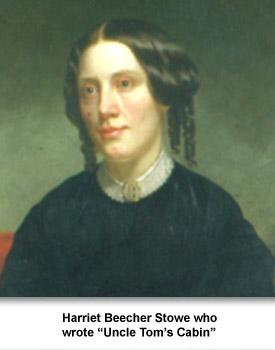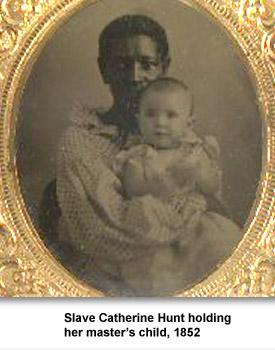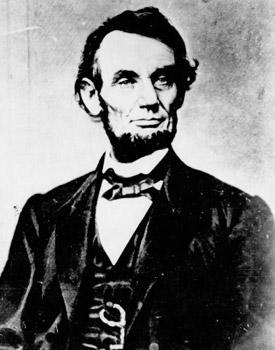What Caused the War?
Slavery in the West?
After several decades of debate, northern and southern states failed to come to an agreement on the issue of slavery.
This argument finally centered on the western territories and whether or not slavery would be allowed in the new states there. It would lead to the bloodiest war America has ever fought, the Civil War.
These territories were lands obtained through the Louisiana Purchase and won by the United States during the Mexican War.
Attempts had been made in 1820 to solve the issue through the Missouri Compromise. Many in the South thought slavery should be allowed in these new lands. They considered slaves their property and believed it was their right to take their property (including slaves) into these new lands.
They felt like if they could not carry their slaves with them, then they were being excluded from a new land of opportunity. Tennessee’s governor, Isham G. Harris, explained it this way:
“[The North] seeks to appropriate to itself, and to exclude the slaveholder from the territory acquired by the common blood and treasure of all the States…And excluded the Southern people from California, whose mineral wealth, fertility of soil, and salubrity of climate is not surpassed on Earth…”
Some in the North disagreed completely. They thought slavery should not be allowed in the new western territories, and even proposed a bill in Congress that would prohibit slavery there. They believed slavery was unfair to northern workers who would have to compete for jobs with slaves. They believed the new lands should have free labor instead of slave labor.
Others, known as abolitionists, wanted to abolish slavery everywhere. One of the most popular abolitionists of her time was Harriet Beecher Stowe. She wrote a novel that portrayed the cruelties of slavery called Uncle Tom’s Cabin. According to legend, when President Abraham Lincoln met Harriet Beecher Stowe in 1862 he said, "So you're the little woman who wrote the book that started this Great War!"
Balance of power
Both sides were concerned about the balance of power between free and slave states in Congress. For several decades, the balance of power remained even by admitting a free state whenever a slave state was admitted. If the balance of power was tipped in favor of the free or slave states, then that side could control the votes on what happened with the rest of the country.
In 1850, California was admitted as a free state, which tipped the balance of power to the North. That same year southern delegates met in Nashville to discuss their response to the Compromise of 1850. The Nashville Convention, a small gathering of southern supporters, was criticized by the state Whigs. It adopted resolutions supporting southern rights, but the Compromise of 1850 averted a crisis for a few more years. However, the issue over the future of slavery was far from settled.
Picture Credits:
- Catherine Hunt was probably the nanny for the baby since she was photographed holding her. The child, Julia Tate Hunt, was the daughter of William and Sarah Hunt of Memphis. Catherine Hunt was apparently fond of Sarah Hunt, naming her as the executor in her will in 1899, “as this is the only way I can show the love and affection with which I hold her…” Tennessee State Museum Collection, 1999.130
Civil War and Reconstruction >> Civil War >> A Divided State >> What Caused the War?



 Sponsored by: National Endowment for the Humanities
Sponsored by: National Endowment for the Humanities